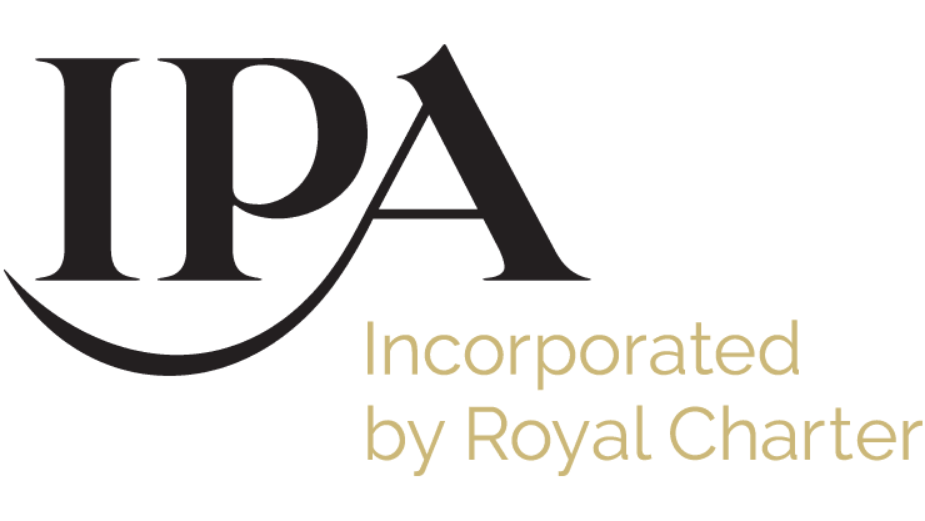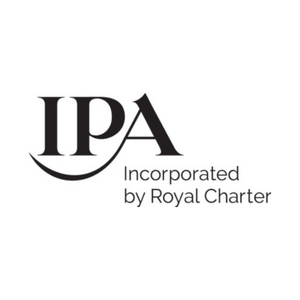
Online Advertising Is Not the Enemy of Effectiveness Reveals New Arc Project

Online is not the enemy of effectiveness and deserves its place in the media mix. This is one of the key findings of the new Advertising Research Community (ARC) project, that comprises a database of non-awarded campaigns, launched by economist and Magic Numbers’ Founder Dr Grace Kite, with the support of the IPA, at today’s EffWorks Global 2021 (13 October 2021).
The ARC project collects new effectiveness data and insights from non-awarded cases and comprises a 2021 database of 343 typical campaigns that use effectiveness modelling. which account for £5bn worth of ad spend.
From interrogating this rich dataset Kite asserts that, while marketing effectiveness may have declined in the past, this new peer-reviewed (by expert econometricians and researchers) evidence reveals a considerable uptick in return on investment over the last five years. She highlights that these cases, from the non-awarded front lines of UK businesses “where CMOs don’t always last in their jobs, where budgets are hard to justify and where things go wrong” generate on average £3.80 in revenue per £1 invested. This proof that advertising works, according to Kite, is underpinned by marketers’ better understanding of the ratio of investment in online marketing and a better grasp of the online channels themselves.
While asserting the rules that these typical campaigns adhere to and gain success from, Kite also points to the value that marketers can also gain from studying award-winning cases.
Key findings:
Online is not the enemy of effectiveness
- Real-world advertisers are having success with campaigns that divide their media investment in both on and offline with revenue per £1 spent highest when 40-50% of the budget is spent online. See chart.
- The same picture emerges when analysing the data, adjusting for size of advertiser (ARC data reveals that an average business with £50million more turnover gets 40p more revenue per £1 spent on advertising).
- The same picture also emerges when analysing the data across category, using size-adjusted ROIs: for the range 0-30% spent online, category ROI increases as share of budget spent online goes up.
- As of now, and for the UK as a whole, the optimum budget split for offline/online, according to ARC analysis, is 55%/45% respectively, which is close to the UK overall split, according to 2019 Group M data, of 52% offline/48% online.
Returns from advertising are on the up
- Outside of awards entries, recent returns on investment have returned to where they were in 2005.
- Between 2005 and 2016 there was a significant shift in the amount of investment being allocated to newer channels online. In that same period, effectiveness appeared to have fallen, which could suggest the online share went too high. After 2016, however, ARC data reveals the share of budget allocation to online channels has become more stable, suggestive of a new equilibrium where advertisers are more knowledgeable about how these online channels can fit into their plans.
- Delving into the specific choices of online channels, there were sweeping changes being made in the years when returns on investment were increasing. Within the online category display lost half of its share going from 50% in 2016 to 25% in 2019. Paid search was the first channel to benefit before falling back slightly. In 2019 paid social expanded to match paid search.
- These developments reveal an exciting period of experimentation with advertisers learning how to use the new options available to them and moderating their choices, in so doing increasing effectiveness and return on investment.
Award-winning campaigns bring higher returns
- IPA Effectiveness Award winners are different and more than three times more effective than the ‘typical’ campaign in the ARC, returning on average £9 more revenue per £1 spent on advertising (£13.00 vs £3.80 respectively).
- This is also true within categories. For example, in FMCG, the ROIs for IPA Effectiveness awarded cases return four to six times more than the typical campaigns in the ARC.
- There’s a lot to learn from IPA Effectiveness Awards winners precisely because they are best in class.
Says Dr Grace Kite, economist and founder, Magic Numbers: “By unlocking these learnings from typical campaigns we can see the full lay of the land for marketing effectiveness: what’s working, when and how. The evidence shows that we are in a far stronger position than perhaps the wider industry might have imagined. Our ARC work shows that advertising works, that we understand the online channels better than we ever have, and that non-awarded campaigns can learn from – and perhaps rival - those that have taken home the most coveted effectiveness trophies. It’s important that this learning collaboration doesn’t stop here, and I urge everyone to ask their econometrics providers to participate in future rounds.”
Says Janet Hull OBE, IPA Director of Marketing Strategy and Executive Director IPA EffWorks: “For brands and agencies who do not enter the IPA Effectiveness Awards at the moment, partly because they do not think they have a robust enough case to make, this new pilot dataset of unawarded cases provided by Grace’s Advertising Research Community provides encouraging reading and we look forward to hearing reactions to it at EffWorks Global 2021. The early indications are that this work is a helpful addition to the IPA toolbox of effectiveness learning and we are already in talks about how the IPA can give credibility to this initiative and help to widen participation.”










